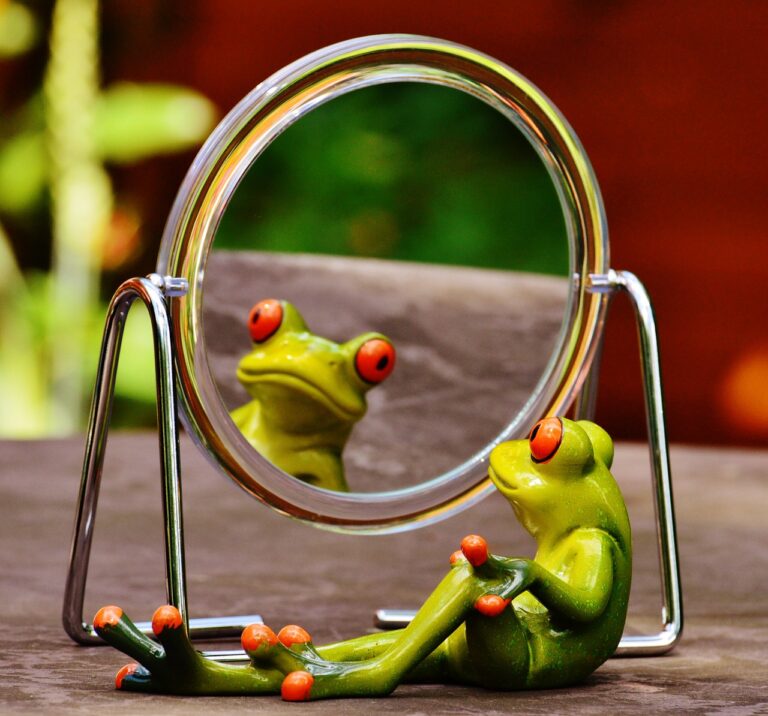From Podcasts to TV Shows: Exploring the Audiovisual Landscape
In recent years, podcasts have experienced a surge in popularity, captivating audiences worldwide with their diverse range of content. From true crime investigations to self-improvement tips, podcasts offer a unique and engaging way for listeners to consume information and entertainment on the go. With the convenience of streaming platforms and mobile devices, podcasts have become a staple in modern media consumption.
What sets podcasts apart is their ability to connect listeners with niche interests and perspectives that may not be readily available in traditional forms of media. The democratization of podcasting allows individuals from various backgrounds to share their stories and knowledge, fostering a sense of community among listeners. As more creators and listeners join the podcasting landscape, the medium continues to evolve and expand, shaping the way we engage with audio content in the digital age.
Podcasts in Popular Culture
In recent years, podcasts have become an integral part of popular culture, revolutionizing the way we consume media. With a vast array of topics and genres to choose from, podcasts cater to a diverse audience, allowing listeners to engage with content that piques their interests and passions. From true crime mysteries to comedy talk shows, podcasts offer a unique platform for creators to share their stories and perspectives with a global audience.
Moreover, podcasts have not only changed the way we consume entertainment but have also sparked conversations and encouraged dialogue on important social issues. Many podcasts delve into topics such as mental health, diversity, and sustainability, providing a platform for marginalized voices to be heard and raising awareness on pressing societal issues. Through authentic storytelling and in-depth discussions, podcasts have the power to educate, inspire, and bring communities together in ways that traditional media formats may struggle to achieve.
The Evolution of TV Shows
TV shows have undergone a significant transformation over the years, adapting to changing audience preferences and technological advancements. From the early days of black-and-white sitcoms to the current era of streaming services and binge-watching, television has continually evolved to meet the demands of viewers. As the medium has grown more sophisticated, storylines have become more intricate, characters more nuanced, and production values more impressive.
Gone are the days when viewers were limited to watching shows at scheduled times on traditional networks. The rise of streaming platforms like Netflix, Hulu, and Amazon Prime has revolutionized how TV shows are consumed, allowing for greater flexibility and variety in content. This shift has led to a golden age of television, with a surge in high-quality programming across a range of genres and styles, catering to diverse audiences with unique tastes and preferences.
How have TV shows evolved over the years?
TV shows have evolved significantly in terms of storytelling, production quality, and audience engagement.
What role have podcasts played in popular culture?
Podcasts have become increasingly popular in recent years, with many podcasts now influencing popular culture and even serving as inspiration for TV shows.
What is the connection between podcasts and TV shows?
Many TV shows have been inspired by podcasts, with popular podcasts being adapted into successful TV shows.
How have podcasts influenced the way TV shows are created?
Podcasts have shown that there is a demand for unique and diverse storytelling, leading TV creators to explore new genres and formats.
Are podcasts replacing traditional TV shows?
While podcasts have gained popularity, they have not replaced traditional TV shows. Instead, they offer a new platform for storytelling and entertainment.







